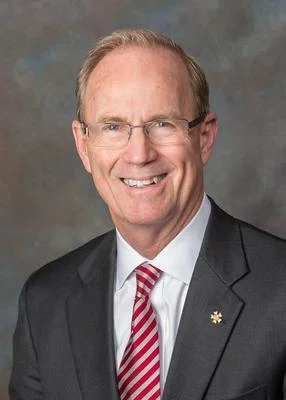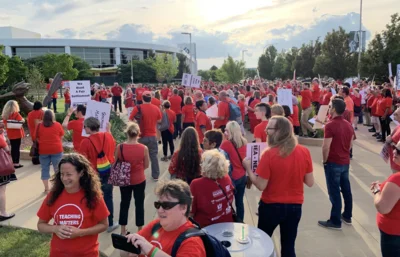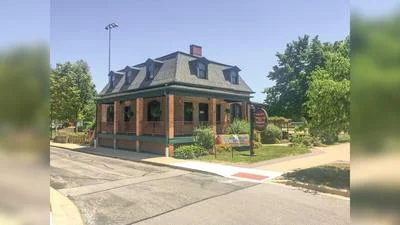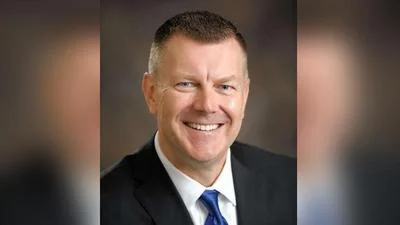Anybody genuinely interested in the fate of America’s cites should pay attention to Chicago for the next three and a half months. On February 28, the city will hold its election for mayor, as well as clerk, treasurer and the entire city council.
For a host of reasons, campaigns for those elections will be much different than what we just went through nationally. The Chicago election just might be the chance to look seriously at problems widely shared in larger cities across the country, at long last.
For starters, Chicago elections are officially nonpartisan, and they will be in fact because all entrants are Democrats. Many party issues that dominated the recent elections therefore will be — or at least should be — of little relevance, including Trump, Biden, abortion, “election denial” and the January 6 Capitol riot.
Further, almost all state and local elections to be held in 2023 are later than Chicago’s and most are not until November 7. Political reporters and policy analysts therefore won’t have much to do unless they focus on Chicago for now.
Chicago voters and the media won’t be overwhelmed with the list of genuinely existential threats facing America and Illinois that were relevant to the recent state and national elections. That list was that was far too long for the average voter to process and much of it was suppressed by the media.
It will be hard for Chicago to look away from its problems in 2023. Staring voters in their faces will be crime, taxes, failing schools, corruption, declining population, empty offices and public transit, affordable housing, business flight and the power of teachers’ unions. Progressive causes such as “equity” and zero-emission energy target will also be on the table.
We intend to cover it all in addition to our usual focus. Most of it will pertain to many other cities.
School-choice is one matter where the Illinois debate has been particularly lagging compared to other states, but we might finally get a thorough look at it in the Chicago race because at least one mayoral candidate, Paul Vallas, believes in it.
It’s one cause on which the left should be on board because “there was a nationwide school-choice wave” in last week’s elections and polls consistently show overwhelming, bipartisan support for it. Interestingly, even Gov. JB Pritzker recently softened his position on it, saying “Yes” to a candidate questionnaire that asked, “Do you support Illinois’ tax credit scholarship program that provides financial support for students to attend private and parochial schools?”
We hope the national media cover the Chicago election thoroughly, and not just because Chicago issues apply to many other cities: We need them to help provide balance because Chicago media are now overwhelmingly left.
The Chicago Tribune’s recent lurch to the left sealed what is now a near complete monopoly of progressive bias in Chicago news and commentary. The others include The Chicago Sun-Times, WBEZ, WTTW, Crain’s, The Chicago Reader, Axios and Block Club Chicago. Talk radio is a welcome exception that includes opinion diversity and some television coverage is balanced, but on the whole voters who rely on Chicago media are in alternate universe.
That media issue is among Chicago’s most serious problems. We will continue to present their reporting and commentary, but we will do our best to collect and express different viewpoints.





 Alerts Sign-up
Alerts Sign-up